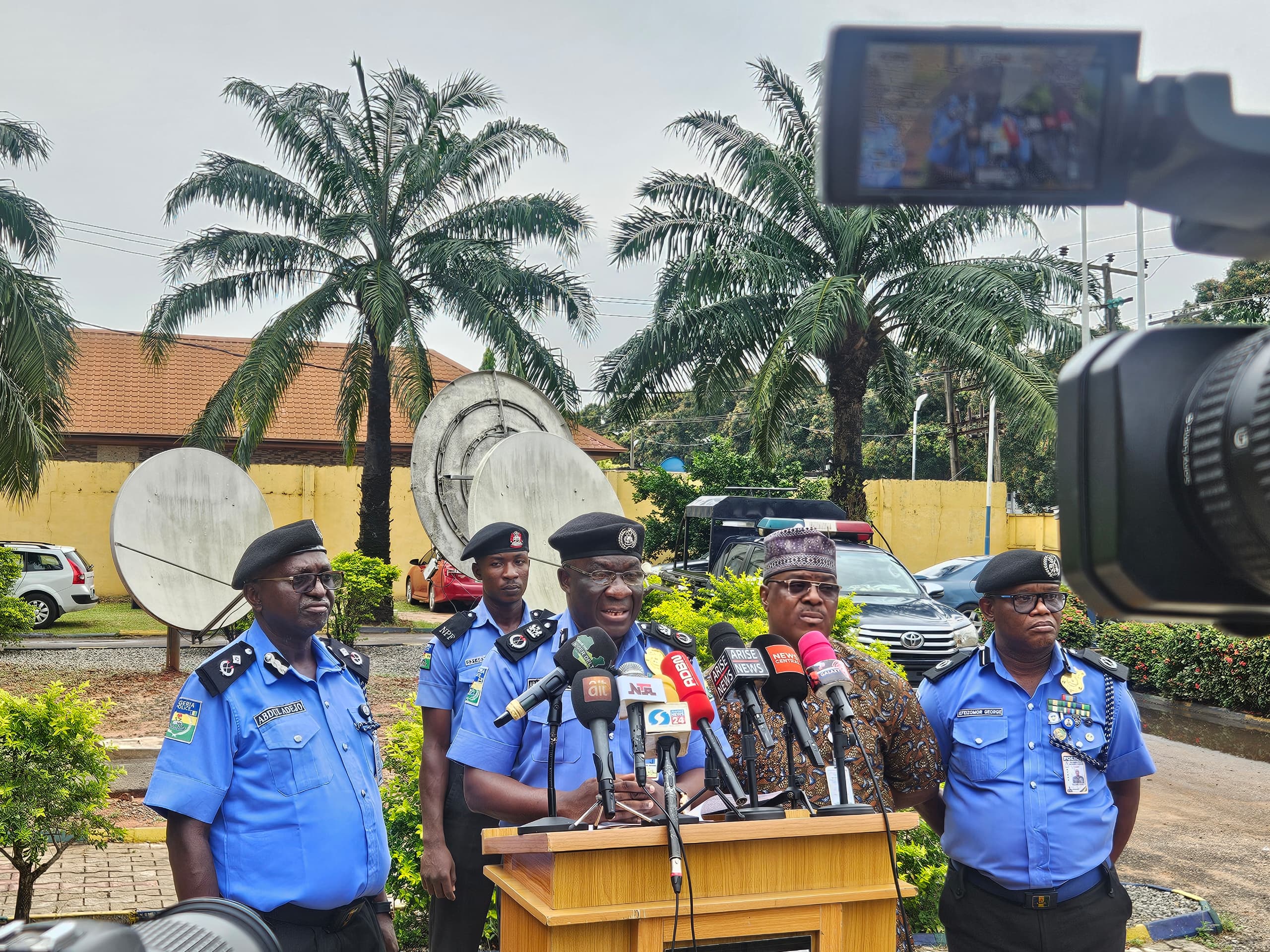FG issues Lassa fever alert: the death toll has risen to 102, with a total of 4,632 cases
The Nigeria Centre for Disease Control issued a new alert on Sunday, stating that the number of Lassa fever cases had risen to 4,632 and that 102 deaths had been recoded.
The centre, in a recent advisory made available to one of our Abuja correspondents, warned Nigerians about the risk of Lassa fever, which can cause fever, headache, sore throat, general body weakness, cough, and other malaria-like symptoms.
The NCDC, for its part, said it had sent letters to states warning about the dangers of Lassa fever and the symptoms to look out for.
The number of recurring cases has increased since the last outbreak of the disease in 2016, according to the NCDC. During the peak of the pandemic, 796 cases were reported in 2019, while 1,165 cases were confirmed in 2020, according to the centre.
“Lassa fever initially presents like any other febrile disease such as malaria,” the NCDC said in its most recent advisory and situation report. Fever, headache, sore throat, general body weakness, cough, nausea, vomiting, diarrhoea, muscle pains, chest pain, and unexplained bleeding from the ears, eyes, nose, mouth, and other body openings are some of the symptoms.
“Healthcare workers should keep a high index of suspicion for Lassa fever at all times.” Any illness that does not improve after 48 hours of anti-malaria or antibiotic treatment should be suspected of being Lassa fever.
Read also: They sent gunmen to pursue me – Mummy G.O
“It takes 6 to 21 days from the time of infection to the onset of disease symptoms.” Early detection and treatment improve survival chances.”
According to the NCDC, Ondo had the highest number of deaths with 47, followed by Edo with 15, Bauchi with 12, Taraba with 12, Ebonyi with 9, Kaduna with 4, Enugu with 1, and Nasarawa with two deaths.
The number of cases and states are as follows: “Edo 2,725; Ondo 1,006; Bauchi 164; Ebonyi 143; Nassarawa 79; Taraba 72; FCT 59; Kaduna 53; Delta 50; Plateau 42; Benue 34; Kano 24,” according to the NCDC. Gombe has 22 points, Kogi has 17, Lagos has 16, Borno has 15, and Enugu has 14.
Jigawa 12, Abia 11, Anambra 10, Rivers 10, Imo 9, Adamawa 8, Kwara 4, Yobe 4, Oyo 4, Cross River 4, Bayelsa 3, Sokoto 3, Ekiti 3, Ogun 3, Osun 3, Katsina 2, Kebbi 2, Niger 1, Zamfara 1.
“Confirmed cases are being treated at identified treatment centres across the country,” the NCDC said. “A Lassa fever alert letter has been sent to states, and a response team has been deployed to three states.”
“The five Lassa fever molecular laboratories in the NCDC network are working at full capacity to ensure that all samples are tested and results are provided within the shortest turn around time,” according to the NCDC.
NPHCDA warns that Nigerian children aged 0 to 59 months are at immediate risk of contracting polio.
Following the recent outbreak of the Circulating Vaccine Derived Polio Virus in Nigeria, the National Primary Healthcare Development Agency has issued a warning that all Nigerian children aged 0-59 months are at immediate risk of contracting the polio virus.
Within a week, 68 cases of the CVDPV2 were reported in Lagos, Kebbi, the Federal Capital Territory, Sokoto, Kaduna, Niger, Ekiti, and Kwara states.
Nigeria was certified wild polio virus free by the World Health Organization Independent Africa Regional Certification Commission for polio eradication in August 2020, according to the PUNCH.
Nigeria was Africa’s last polio-endemic country, and it was declared polio-free three years after the last case was discovered.
“Another type of poliovirus known as Circulating Vaccine-Derived Polio Virus is still causing polio outbreaks in Nigeria,” according to the NPHCDA.
Only 18 cases of the CVDPV were reported in 2019, and only 8 cases will be reported in 2020, according to the agency.
“cVDPV occurs when a weakened strain of the poliovirus contained in the oral polio vaccine circulates among the under-immunized population for a long time,” according to the CDC. cVDPV outbreaks are halted by employing the same strategies that led to progress against WPV polio, such as ensuring that every child receives an oral polio vaccine as part of a high-quality immunisation campaign.
“nOPV2 is an improved oral polio vaccine that has been proven effective and safe in eradicating wild polio virus from Nigeria.”
Six states reported 68 cases of the new strain between December 21 and December 28, 2021, according to the most recent data obtained by our correspondent. “64 cases of circulating vaccine-derived poliovirus type 2 were reported in the past week,” according to a report compiled by the Ministry of Health, the WHO, UNICEF, and GAVI.
35 in Kebbi, eight in Sokoto, six in Kaduna and Nasarawa, four in Kwara, two in the Federal Capital Territory, and one each in Niger, Ekiti, and Lagos. In 2021, there will be 385 cases.




